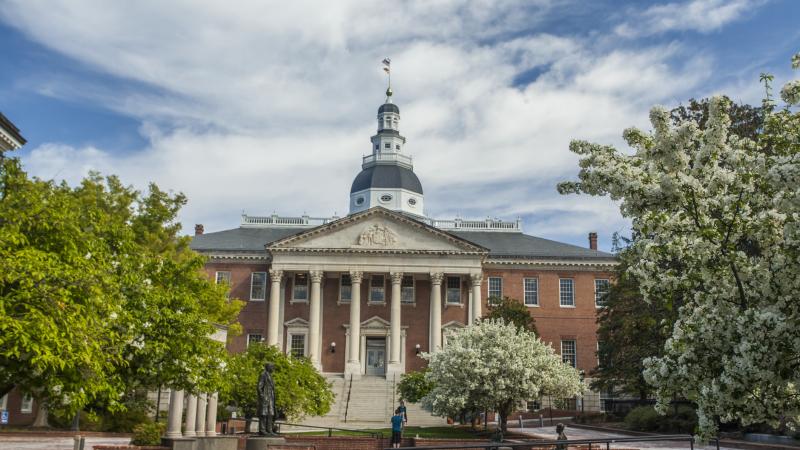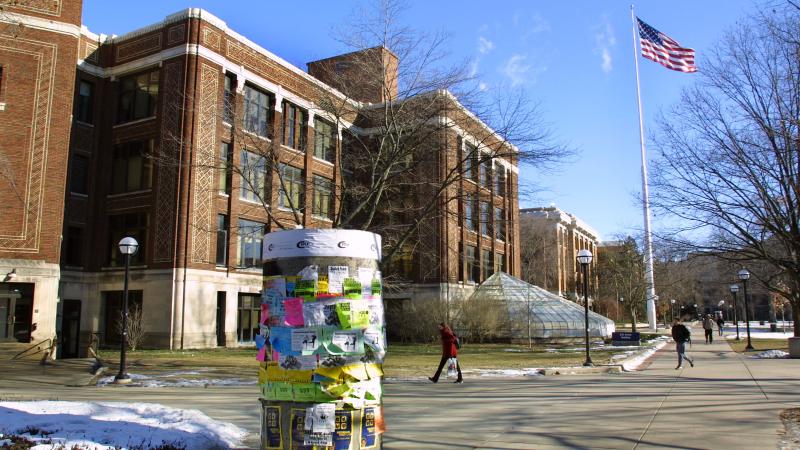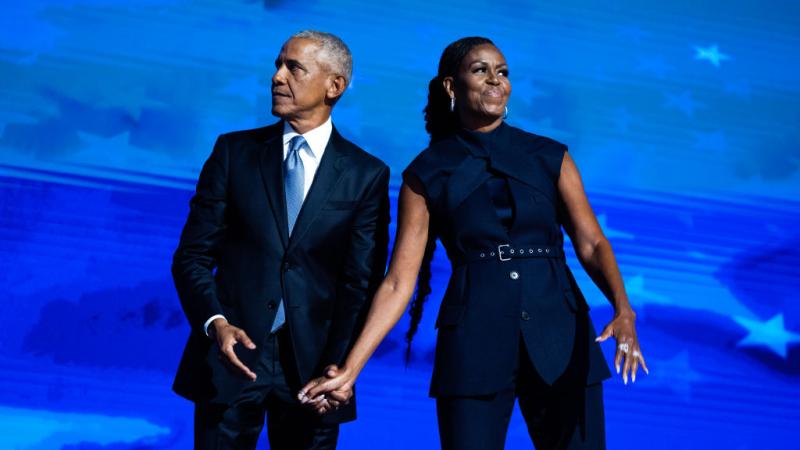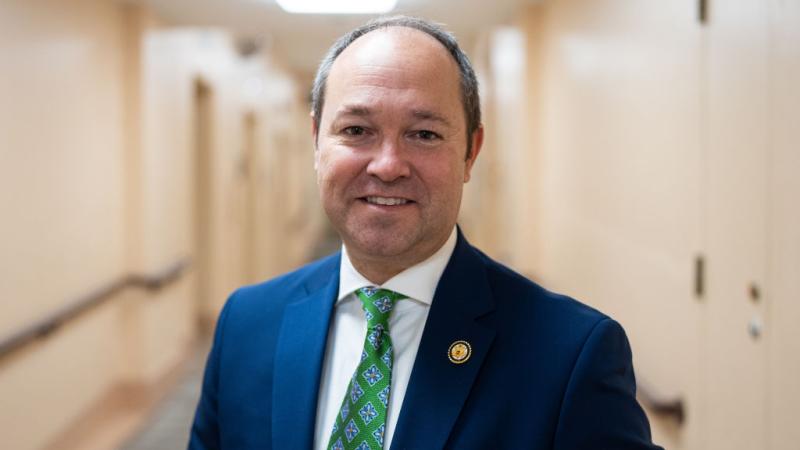Hochul touts mental health reforms in NY budget
Medical experts say lockdowns, business and school closings, and restrictions on social gatherings during the pandemic exacerbated a mental health treatment gap, increasing demand on an already stressed mental health system.
Gov. Kathy Hochul says a $1 billion overhaul of New York's "broken" mental health system will mean more beds in state-funded psychiatric facilities and programs to help people in need of services.
The plan, included in the $229 billion budget approved last week, calls for creating 1,000 new beds for inpatient psychiatric treatment, 3,500 new housing units and spending $10 million to expand mental health care programs in schools, among other changes.
Hochul said the plan marks a "historic shift" in fixing a "broken" mental health system by "reversing years of neglect to our system and bringing bold investments to ensure that every New Yorker has access to high-quality care."
"This plan uses an all-hands-on-deck approach that utilizes community resources at every level to meet the needs of all New Yorkers in every corner of our state," she said in remarks on Monday in Buffalo. "Too many people can't get the care they need, and for too long we've underinvested in mental health."
The plan will create a dozen new psychiatric emergency programs providing hospital-level crisis care, and triple the number of state-funded behavioral health clinics, from 13 to 39, Hochul said. The clinics offer walk-in mental health and substance use disorder services for New Yorkers, regardless of age and insurance status.
Most of the funding, or about $900 million, is devoted to building more residential housing for people with mental illnesses over the next five years, according to the Hochul administration. Another $130 million a year would be spent on operating expenses at state-run psychiatric facilities.
The plan also calls for spending $18 million over the next two years to reimburse providers for preventive mental health services for families, and $24 million to reimburse providers for "adverse childhood experience screenings," the governor said.
Medical experts say lockdowns, business and school closings, and restrictions on social gatherings during the pandemic exacerbated a mental health treatment gap, increasing demand on an already stressed mental health system.
Last year, a coalition of groups, including the American Academy of Pediatrics, issued a warning that the youth mental health crisis is a "national emergency."
Meanwhile, a shortage of staffing and beds in mental health units means adults and children end up "boarding" in emergency rooms while waiting for services. As of this spring, more than 600 beds were off-line because they couldn't be staffed, according to the Hochul administration.
"Since the onset of the pandemic, more than one in three New Yorkers has either personally sought or knows someone in need of mental health care, and our young people are reporting distress at rates unlike anything we've ever seen," Hochul said in remarks.















